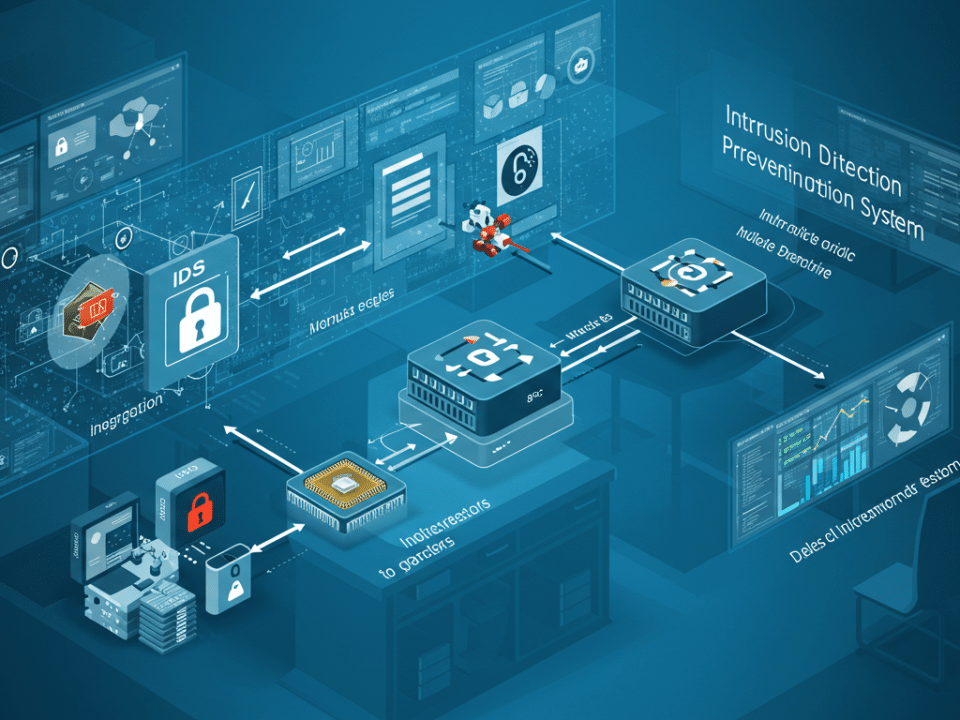#smbsecurity #cybersecurity #zeroday
Zero-day exploits are security vulnerabilities that attackers discover before software vendors are aware of them. This gives attackers a window of opportunity to exploit the vulnerability before a patch is released, making them particularly dangerous for small and medium-sized businesses (SMBs) that may not have the resources to implement robust security measures.
How do they impact SMBs?
Zero-day exploits can have a devastating impact on SMBs, causing data breaches, financial losses, and reputational damage. In some cases, they can even lead to the complete shutdown of a business.
Real-world examples:
- In 2017, the WannaCry ransomware attack exploited a zero-day vulnerability in Microsoft’s Windows operating system to infect hundreds of thousands of computers worldwide, including many SMBs.
- In 2018, the NotPetya wiper malware used a zero-day exploit to spread through networks, causing billions of dollars in damage.
Why are SMBs more vulnerable?
SMBs are often more vulnerable to zero-day attacks than larger enterprises for several reasons:
- Limited IT resources: SMBs may not have the budget or staff to keep their systems up-to-date with the latest security patches.
- Lack of awareness: SMB owners and employees may not be aware of the latest cyber threats and how to protect themselves.
- Relying on outdated software: SMBs may be more likely to use outdated software that is no longer supported by vendors and is therefore more vulnerable to attack.
Tips for protecting your SMB:
- Keep your software up to date: This is the single most important step you can take to protect your business from zero-day attacks.
- Educate your employees: Train your employees to be aware of the latest cyber threats and how to identify phishing emails and other suspicious activity.
- Use a security solution: Invest in a security solution that can help you detect and block malware and other threats.
- Have a backup plan: Regularly back up your data so that you can recover it in the event of an attack.
By following these tips, you can help protect your SMB from the silent threat of zero-day exploits.






